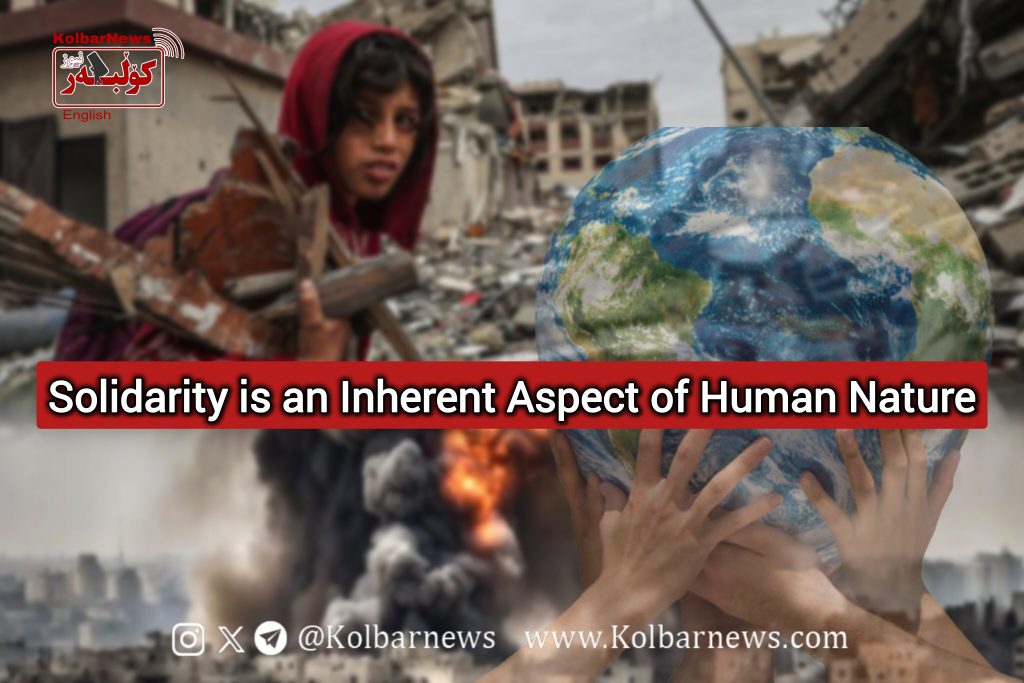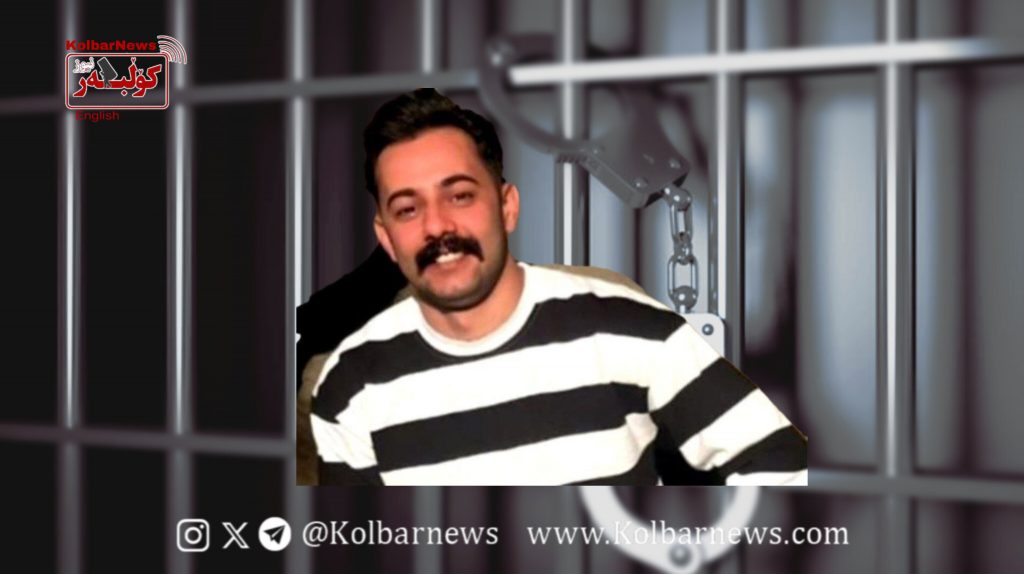
Friday, December 20, was marked as International Human Solidarity Day according to the United Nations calendar. This day, as defined by the UN, is designed to support the principles of human rights and encourage efforts to create unity amidst diversity and differences. It was intended to celebrate activities focused on eliminating poverty, hunger, and disease while fostering solidarity with nature.
When we look around, no government seems to be taking meaningful steps toward solidarity with people and nature. On the contrary, some governments are unprecedentedly engaged in sowing division, waging wars, and, worst of all, committing genocide. Since October 7, 2023, Israel has been assaulting Gaza through bombings, starvation, and the destruction of all basic living facilities, such as healthcare and medicine, in what amounts to genocide, likening it to the Nazi regime under Hitler. This genocide is directly supported by the ruling establishment and the government of the United States, as well as Western nations like Germany, Britain, and France.
Globally, only the democratic self-management system in northern and eastern Syria (including Rojava) has demonstrated solidarity with nature and embraced diversity among ethnic, religious, and cultural groups. After the 2011 protests in Syria, three regions in the north and northeast of the country—Jazira, Euphrates, and Afrin—declared autonomy. These regions later became known as “cantons,” eventually forming six cantons: Hasakah, Qamishli, Tal Abyad (Gire Spi), Afrin, Kobani, and Shahba. Many of the inhabitants in these areas are not Kurds, and even in Kurdish-majority areas, Kurds are not always the dominant group. The governing system in these regions is based on a council system first established in “Rojava” (Syrian Kurdistan).
In 2012, following the withdrawal of central government forces from northern Syria, these areas came under the control of Kurdish forces. The liberated areas were called cantons, one of the most famous being Kobani, part of the Democratic Federation of Northern Syria, which gained international recognition after its people’s military forces defeated ISIS, heavily supported by Turkey. At that time, the political system of Syrian Kurdistan was known as the Democratic Autonomous Administration of “Rojava.” Social and legal relations in “Rojava” were rooted in a social contract, and governance began at the grassroots level in local communities. However, the current system, known as the Democratic Federation of Northern and Eastern Syria, was formed through the unification of the three cantons of Jazira, Kobani, and Afrin.
In mid-March 2016, democratic self-management coordinating committees from all Rojava cantons (Syrian Kurdistan) gathered in Ramelan in northern Syria, representing Kurds, Arabs, Assyrians, and Turkmen. This meeting resulted in a 31-member constituent assembly and the scheduling of elections. The leadership of this assembly was shared by one man and one woman. Since then, all political units in the region have been co-led by one man and one woman. Based on the Rojava social contract, the Democratic Federation of Northern Syria is committed to three principles: ecology, democracy, and women’s liberation.
The legitimacy of this federation relies on the votes of local groups and communities through free and democratic elections. Education and the use of all local languages across social and political levels are other key points emphasized in the Rojava social contract.
The declaration of the autonomous political system by the Kurds met with negative reactions from both the Syrian government and Turkey, as well as Turkish-backed Syrian forces. Nevertheless, the Syrian Kurds gradually organized themselves into two main bodies: the People’s Defense Units (YPG) and the Women’s Defense Units (YPJ).
In August 2014, the YPG forces, in a bloody battle, carved a corridor through ISIS-controlled areas in Syria to reach the besieged Sinjar Mountains, saving Yazidis from mass slaughter. The YPG and YPJ later became the backbone of a larger force known as the Syrian Democratic Forces (SDF). Today, Rojava (Syrian Kurdistan), a symbol of solidarity, is under severe threat, surrounded by the Turkish military and its mercenary forces.
Mazloum Kobani, commander of the Syrian Democratic Forces, announced on Thursday, December 19, 2024, that despite attempts to negotiate and halt the war, the Turkish government insists on its attacks, deploying tanks and armored vehicles along the Rojava border. He stated, “The battle for Kobani will be a great victory.” Currently, Western governments involved in Syrian affairs aim to dissolve the democratic self-management system and integrate the region’s people’s defense forces into a national army. However, Turkey and Erdogan’s administration, grappling with a deepening economic crisis and declining social influence, seek to resolve the issue militarily. Thus, Rojava’s self-management is at risk.
In such circumstances, the true supporters of the Rojava movement are the region’s fighters and freedom-seekers worldwide. Comprehensive support for the freedom-seeking and rights-demanding people of Syrian Kurdistan to defend their achievements is an urgent necessity.

